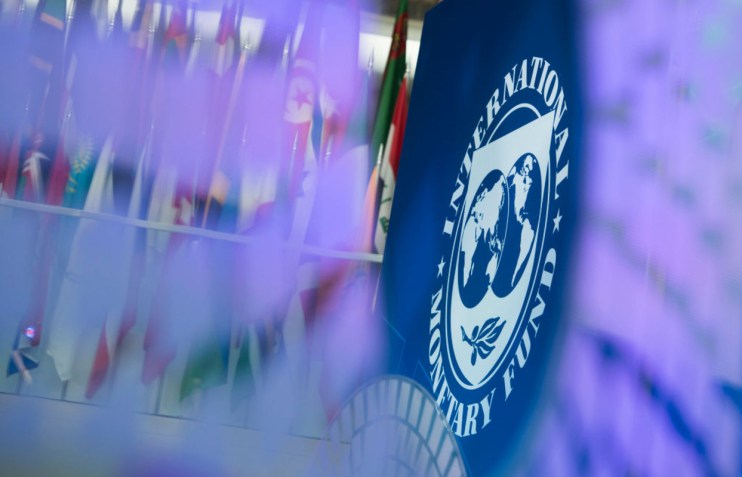IMF predicts global debt to surpass $100 trillion this year

Global public debt is expected to exceed $100 trillion this year and shows no signs of slowing down, the International Monetary Fund (IMF) warned today.
In its latest fiscal monitor, the international fiscal watchdog said that public debt had spiralled post-pandemic, as governments increasingly embraced spending to stimulate economic growth.
It pointed to a range of growing pressures – such as the green transition, defence and an ageing population – which would likely force public debt ever higher in the years ahead.
The IMF forecast that public debt would hit around 100 per cent of GDP by 2030, 10 percentage points higher than its pre-pandemic level.
Debt is likely to rise even higher, with the IMF noting that “debt projections tend to underestimate actual outcomes by a sizeable margin”.
This is likely to occur even as public debt stabilises or declines in two-thirds of countries, the IMF said.
“Much larger fiscal adjustments than currently planned are required to stabilise (or reduce) debt with high probability,” it said.
In countries where debt is projected to increase further—such as Brazil, France, Italy, South Africa, the United Kingdom, and the United States—delaying action will make the required adjustment even larger.
“Waiting is risky: country experiences show that high debt can trigger adverse market reactions and constrains room for budgetary manoeuvre in the face of negative shocks,” it cautioned.
Restoring fiscal buffers in a “growth-friendly manner” must be a key priority for policymakers in the coming years. It suggested that advanced economies should reform entitlements to welfare, re-prioritise public expenditure and increase tax revenue.
IMF warning before US election
The report comes just a few weeks before the US election. Public debt looks set to skyrocket no matter who wins the election, although the fiscal situation will be noticeably worse under Trump.
According to the Committee for Budget Responsibility, US debt will rise by $7.5 trillion under Trump compared to $3.5 trillion under Harris.
The state of the UK’s public finances is also a concern for markets approaching the new government’s first Budget, with national debt hovering around 100 per cent of GDP.
Reports suggest Chancellor Rachel Reeves is planning to ramp up borrowing to fund a public investment programme despite the parlous state of the public finances.
Supporters of greater public spending argue that it would help to boost growth, helping to reduce the debt-to-GDP ratio in the longer term.
The IMF said there were no easy answers when it came to cutting spending. Cuts to public investment budgets “hurt long-term growth prospects” while reducing social transfers hits vulnerable households hardest and “raises inequality”.